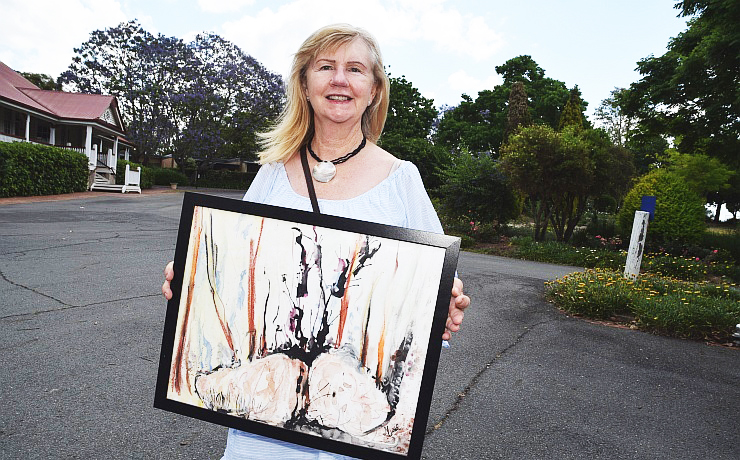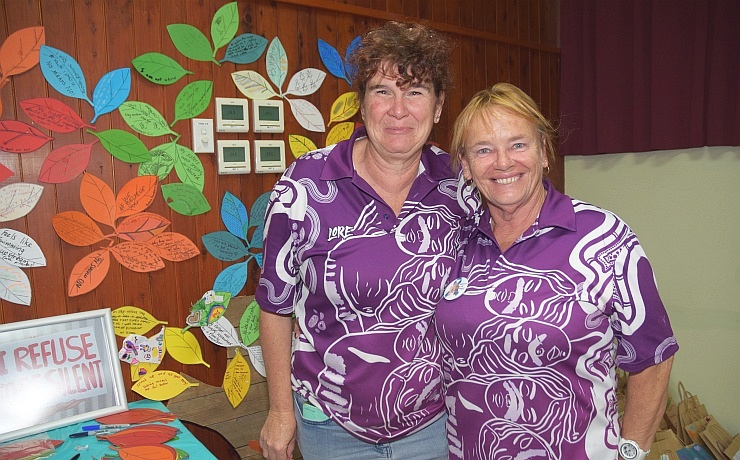
(Photo: SBRC)
South Burnett Regional Council is considering asking residents who want to lodge complaints against Councillors or staff to put their concerns in writing.
At today’s monthly Council meeting, a proposal to adopt an updated General Complaints Process Policy to reflect recent amendments to laws covering Council operations prompted strong debate among councillors.
Cr Damien Tessmann kicked off the discussion by noting the new policy seemed to exclude complaints made via social media.
CEO Ken McLoughlin agreed, saying most Councils do not accept complaints lodged through social media.
Cr Tessmann then said that if so, he was concerned about Council accepting verbal complaints, too.
“I really don’t think we should accept a complaint unless it’s made in writing,” he said.
Mr McLoughlin said whenever Council received a verbal complaint, the standard procedure was to make a file note about it that recorded the date and time the complaint was made, and any other relevant details.
The complaint then went through a process outlined in the Council’s current complaint handling policy.
“While I agree with your sentiments, there are reasons to accept verbal complaints and not many options for how we go about it,” Mr McLoughlin said.
Mayor Kratzmann asked if a complaint was complex, could Council request it be made in writing.
Mr McLouglin said yes, Council could. But not everyone who was asked to do so actually did this.
Cr Barry Green then asked if there was a legal requirement that Council accept verbal complaints.
Mr McLoughlin said he thought there wasn’t any legal obligation but said it was “common custom and practice” in many areas of government to do so.
“Well, if it’s not the law, I have to agree with Cr Tessmann,” Cr Green said.
“Verbals are not right. And if we have to answer them, we have to write a letter. So why shouldn’t complainants do the same?”
Cr Ros Heit said if Council insisted it would only act on written complaints, she was concerned this might leave Council open to claims of discrimination.
“What if someone says they’re illiterate?” she asked.
Mayor Kratzmann said he thought there were plenty of support mechanisms that people with communication issues could call on for help in such circumstances.
He was more concerned that most verbal complaints were trivial, and tended to be dealt with differently to written complaints because of that.
Cr Tessmann said his concerns weren’t restricted to councillors, but extended to all Council staff and to the costs the region’s ratepayers were forced to carry when staff had to deal with complaints.
“Dealing with complaints costs Council a lot – I won’t say how much – and if they cost ratepayers time and money I think they should be in writing.
“And if they’re not in writing, then they should be ignored.”
Cr Kathy Duff said she agreed with Cr Tessmann, and asked if the policy could be amended.
Mayor Kratzmann said he had originally been in favour of approving the new policy but after hearing the views of Councillors around the table he was now inclined to change his mind.
Cr Green said in his experience most verbal complaints were made on the spur of the moment when someone was “hot under the collar” about an issue.
“But when you ask them to sit down and write it out, sanity usually prevails,” he said.
Mr McLoughlin said the common custom of accepting verbal complaints existed because there were certain circumstances – such as whistle-blowing – where it was the best method to use.
In the end, councillors voted to leave the new policy on the table until further information could be obtained about Council’s legal obligations.
[Updated]






















